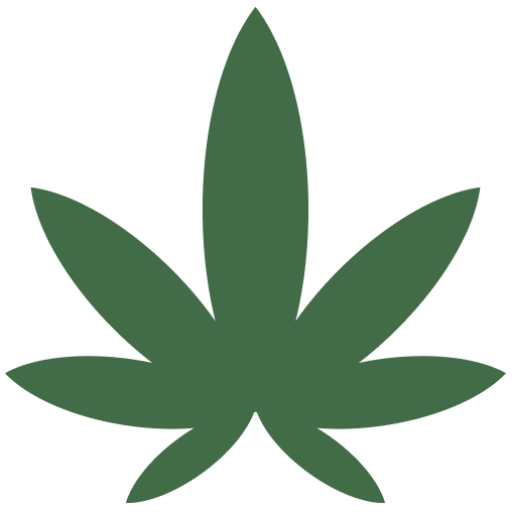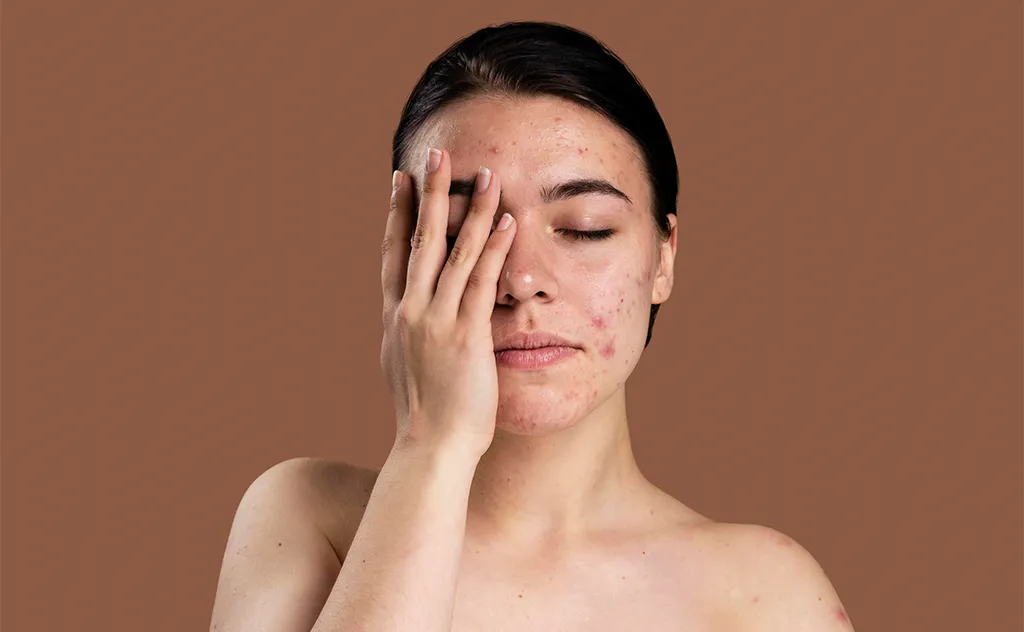The face is the mirror of our skin health and the appearance of pimples and impurities can significantly affect our confidence and well-being. You may feel uncomfortable around other people, have self-esteem problems, not feel good.
Is there a solution to pimples and impurities, you ask? Of course there is, if your desire to find a suitable treatment is strong.
Together we will explore the roots of these dermatological inconveniences, revealing the many causes that go beyond adolescence, touching on aspects such as stress, nutrition and genetic predisposition.
We will delve into the different types of pimples and impurities, analysing how each type requires a specific approach to skin care.
We will also explore the treatments available, from daily skin care at home through specialised products to advanced dermatological options.
Knowing the underlying causes and adopting a customised treatment strategy is crucial to achieving healthy, radiant skin. In many cases, it is only a matter of changing your daily habits a little and you can already achieve great results.
CBD Face and Neck Cleanser
Start your daily beauty ritual with Maria Oil’s Organic Facial Cleanser. This formulation combines high quality ingredients to ensure a thorough cleansing and an extraordinary hydration. Regulates sebum Anti-inflammatory, soothing and calming 100% natural 250 ml format
What are pimples?
Pimples are small skin lesions that form when the skin’s hair follicles become clogged with sebum, dead skin cells and bacteria. This can cause the skin to swell.
Unlike blackheads, another impurity also known as blackheads or whiteheads depending on whether they are open or closed, pimples are a real painful inflammation. It is easy to see how they form in conjunction with hair follicles.
Pimples are a common manifestation of acne, but they can also appear occasionally without being associated with the condition.
There are different types of pimples:
- Comedones: non-inflamed pimples, formed when pores are clogged by sebum and skin cells but without inflammation;
- Papules: small red, inflamed pimples that do not contain pus;
- Pustules: larger, red pimples, often filled with pus;
- Knots: deeper and more painful lumps under the skin, associated with more severe inflammation;
- Cysts: subcutaneous formations containing pus and other fluids, often larger and painful.
Where do pimples originate? Especially those that occur sporadically? One day you might get up and find a new one right in the middle of your face, without being able to explain how it is possible. Let us try to explore the main causes of pimples and impurities.
What are the causes of pimples on the face or body?
The causes of pimples on the face or body are different, very varied and can change from person to person.
Let us look at some common factors that also coincide with widespread habits in the West:
- Hormonal changes: hormonal fluctuations related to adolescence, pregnancy, the menstrual cycle or hormonal conditions such as polycystic ovary syndrome (SOPC) can contribute to pimples;
- Nutrition: Many studies suggest that foods with a high glycaemic index and dairy products may influence pimple formation in some people;
- Stress: it can trigger hormonal changes that contribute to skin problems, including acne, which is why stress pimples are often referred to as stress pimples;
- Irritation of the skin: the use of overly aggressive skin care products, incorrect treatment of one’s skin or irritation from constant rubbing can cause pimples and impurities;
- Environment: excessive exposure to environmental pollutants or particularly humid climates can affect skin health, as can exposure to the sun without adequate sun protection;
- Smoking: causes oxidative stress on the skin, which leads to both premature ageing and the possible occurrence of impurities;
- Medications: some heavy medications such as antibiotics, antidepressants or steroids can cause a rash of pimples on the face, in addition to other complications.
Since the causes are varied, the management of pimples often requires a multifactorial approach that may involve lifestyle changes, a proper skin care routine and, in some cases, the intervention of a dermatologist for specific treatments.
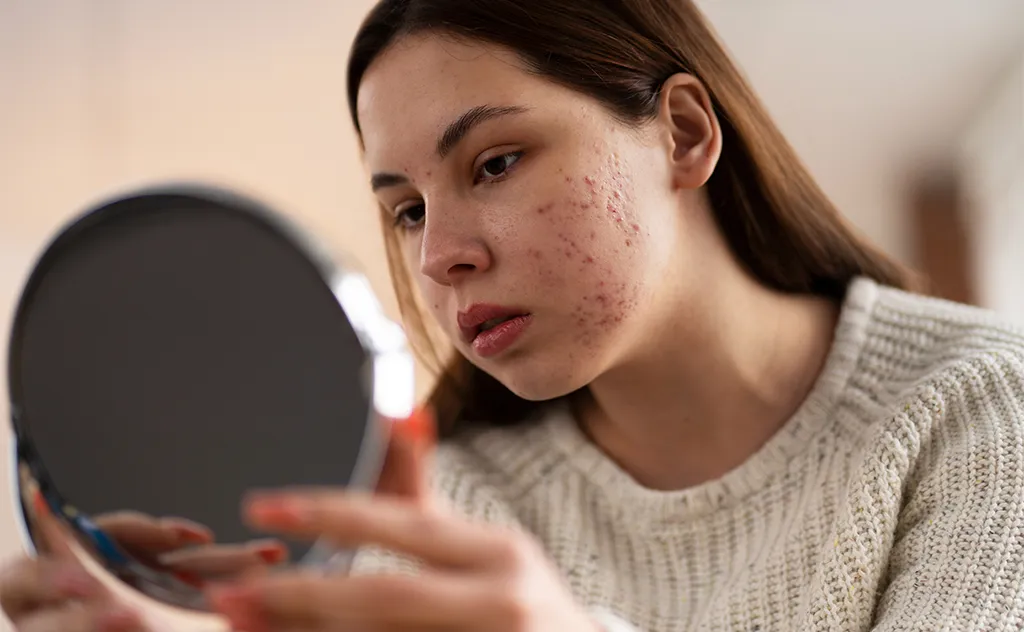
What does the position of the pimples mean?
The location of pimples can be an indicator of possible underlying causes and many use this to search for the specific trigger.
This theory is called ‘face mapping‘ and is based on traditional Chinese medicine. According to face mapping, different areas of the face are associated with different organs or functions of the body.
Here is a brief overview of face mapping for pimples:
- Forehead: is related to the digestive system, so pimples on the forehead can be caused by problems such as acid reflux or irritable bowel syndrome (IBS);
- Nose: is associated with the lungs and heart, pimples and impurities in this area can be caused by problems such as asthma or bronchitis;
- Eyebrows: pimples in this area can be due to stress, sleep disturbances or irritation from hair removal or make-up;
- Temples: pimples related to kidney or bladder problems;
- Cheeks: pimples can be caused by respiratory or lymphatic system problems;
- Chin and jaw: related to hormonal changes, such as those occurring during puberty, pregnancy or menopause;
- Chest and back: can be caused by thyroid or immune system problems or can also be a sign of digestive or intestinal problems.
The face mapping theory is fascinating, but it is important to note that there is no scientific evidence to support its claims. If you want targeted advice, it is always best to consult a dermatologist to determine the cause of your problem and the most appropriate treatment.
Can pimples be prevented?
Some causes may be more serious and difficult to treat, such as hormonal imbalances, but others depend on bad habits. As we said, even just working on the way we do certain things can produce unimaginable benefits.
Let us look at some essential recommendations:
- Skin hygiene: wash your face regularly, but gently, using a cleanser suitable for your skin type and avoid touching your face with dirty hands;
- Appropriate products: choose skin care products labelled ‘non-comedogenic’ or ‘non-acnegenic’, these products are formulated not to clog pores;
- Moisturising: keep your skin well moisturised to prevent excessive sebum production, you can also use a natural moisturising cream;
- Balanced diet: a healthy, balanced diet can help keep your skin healthy, so reduce your consumption of fatty, sugary and highly processed foods;
- Stress management: practice relaxation techniques, such as yoga or meditation, whenever you can or feel anxiety rising;
- Cleaning objects in contact with the face: ensure that objects that come into contact with the face, such as towels and pillows, are clean to avoid transmission of bacteria;
- Avoid over-stretching the skin: do not rub the skin excessively or use abrasive products that can irritate it and cause pimples to form.
These are good rules to remember in general if you want to take care of your body kindly, every single day.
CBD Face and Neck Cleanser
Start your daily beauty ritual with Maria Oil’s Organic Facial Cleanser. This formulation combines high quality ingredients to ensure a thorough cleansing and an extraordinary hydration. Regulates sebum Anti-inflammatory, soothing and calming 100% natural 250 ml format
When do pimples turn into acne?
True acne is a common skin condition that develops when the skin’s hair follicles become clogged with sebum and dead skin cells.
The transformation from occasional pimples to acne can be influenced by several factors, the first being excessive sebum production. Acne often starts during adolescence due to hormonal changes that stimulate the sebaceous glands to produce more sebum. Excess sebum can mix with dead skin cells and clog pores, forming blackheads, which can develop into pimples.
Another cause may be bacterial proliferation. Propionibacterium acnes bacteria, which normally live on the skin, can proliferate in clogged pores, causing inflammation and pustules.
When clogged pores become inflamed, inflamed pimples such as papules, pustules and nodules may develop. Inflammation, in particular, is the defining characteristic of acne.
Obviously acne, as a disease, can be hereditary. If your parents had acne problems, you may be more prone to developing it.
It is important to note that acne can vary from mild to severe and that its causes can be complex and multifactorial. Treatment options may include topical or oral medications, dermatological procedures or a combination of both. More and more people are moving to treat acne naturally and avoid annoying contraindications due to drugs.
Remedies against pimples
You have failed to prevent pimples and impurities and now you want to know how to treat them? All the practices we listed in the prevention section are valid. Proper hygiene, attention when you expose yourself to environmental factors, and proper nutrition should be followed even when the problem is already present.
Remedies against pimples fall into two main categories: pharmacological remedies and natural remedies.
We explore both of these worlds to give you an idea of all the possibilities before you and what they entail.
Pharmacological remedies
Before starting any pharmacological treatment, it is advisable to consult a dermatologist for a thorough evaluation. We talk to you about this in order to give you the most complete overview of possible treatments.
Here are some of the pharmacological remedies commonly used to treat pimples:
- Topical acids: salicylic acid is the most widely used remedy and helps exfoliate the skin, preventing clogged pores, as does glycolic acid, which works on the keratin plug;
- Retinoids: such as Tretinoin, Adapalene, Tazarotene, are derivatives of vitamin A and help prevent clogged pores and promote cell renewal;
- Topical antibiotics: such as clindamycin or erythromycin to reduce bacteria on the skin and inflammation associated with pimples;
- Oral antibiotics: in the case of more severe acne, the doctor may prescribe oral antibiotics such as doxycycline, minocycline or tetracycline;
- Oral contraceptives: women with pimples related to the menstrual cycle may benefit from the use of oral contraceptives to regulate the hormones involved in sebum production;
- Corticosteroid injections: for inflamed pimples and nodules.
It is essential to use these drugs under the supervision of a health professional, as some of them can have side effects, even serious ones, and require careful management.
Home and natural remedies
It is precisely the heavy contraindications that push more and more people towards natural remedies against sporadic pimples. If it is not a serious condition that requires medical attention, you can try treating them naturally.
Here are some suggestions:
- Apple cider vinegar: dilute apple cider vinegar with water and apply the solution to the affected area with a cotton ball, it is an interesting remedy as the acid in apple cider vinegar balances the pH;
- Clay masks: such as green clay or bentonite, can help absorb excess sebum and clean pores. To create it, mix clay powder with water or apple cider vinegar and create a paste to apply to the skin;
- Honey and cinnamon: their combination has antibacterial and anti-inflammatory properties, mix them to create a paste and apply it to the pimples, leave for about 10-15 minutes before rinsing;
- Aloe vera: has soothing and anti-inflammatory properties, apply pure aloe vera gel to the affected skin to reduce inflammation and accelerate healing;
- CBD: another very powerful natural remedy, the active ingredient cannabidiol is rich in anti-inflammatory, antioxidant, soothing and moisturising properties, which you can exploit during a complete CBD skincare through various cosmetics;
- Tea tree oil: known for its antibacterial properties, apply a small amount diluted on the affected area;
- Baking soda: mix it with water to create a paste and apply it to pimples and impurities, it has exfoliating properties that can help remove dead skin cells.
Remember that it is important to be gentle with the skin and always do a patch test to ensure that you do not have any adverse reactions to any remedy. If pimples persist or worsen, consult a dermatologist.
-
Product on sale
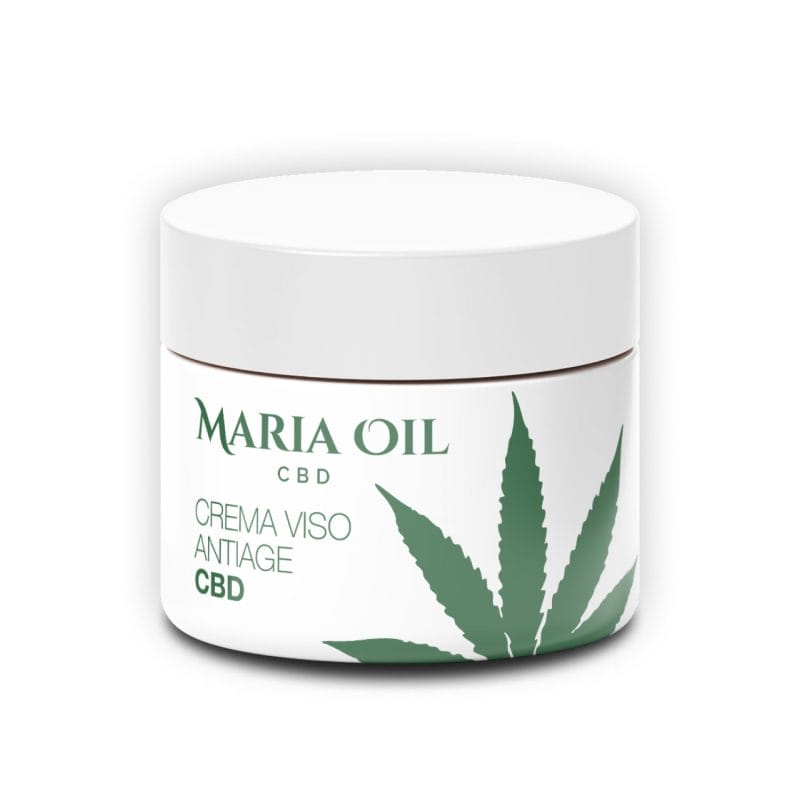 CBD Anti Ageing Face CreamOriginal price was: £31.00.£12.40Current price is: £12.40.
CBD Anti Ageing Face CreamOriginal price was: £31.00.£12.40Current price is: £12.40. -
Product on sale
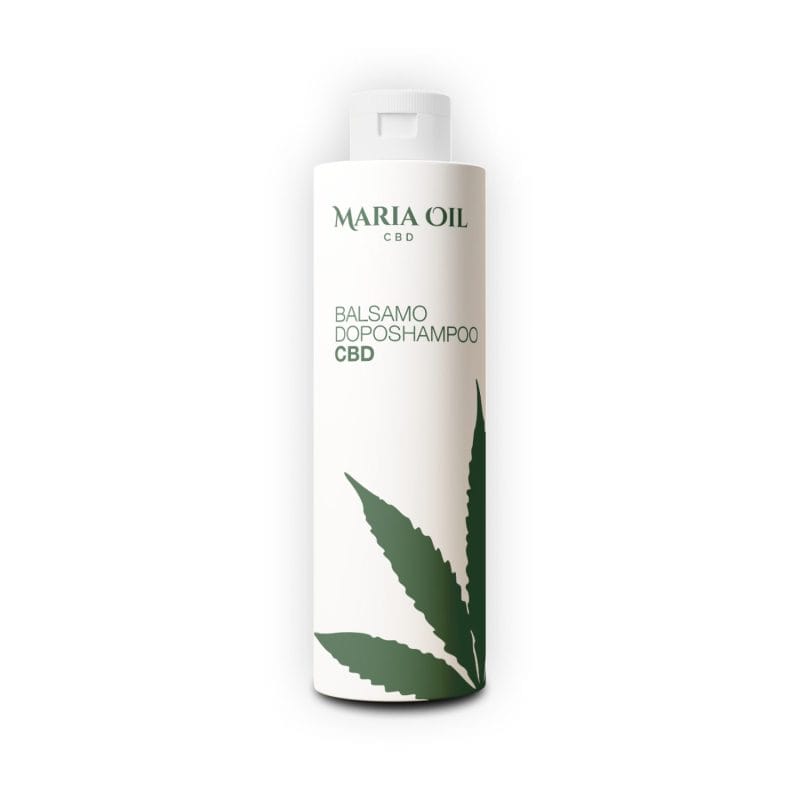 CBD ConditionerOriginal price was: £15.00.£6.00Current price is: £6.00.
CBD ConditionerOriginal price was: £15.00.£6.00Current price is: £6.00. -
Product on sale
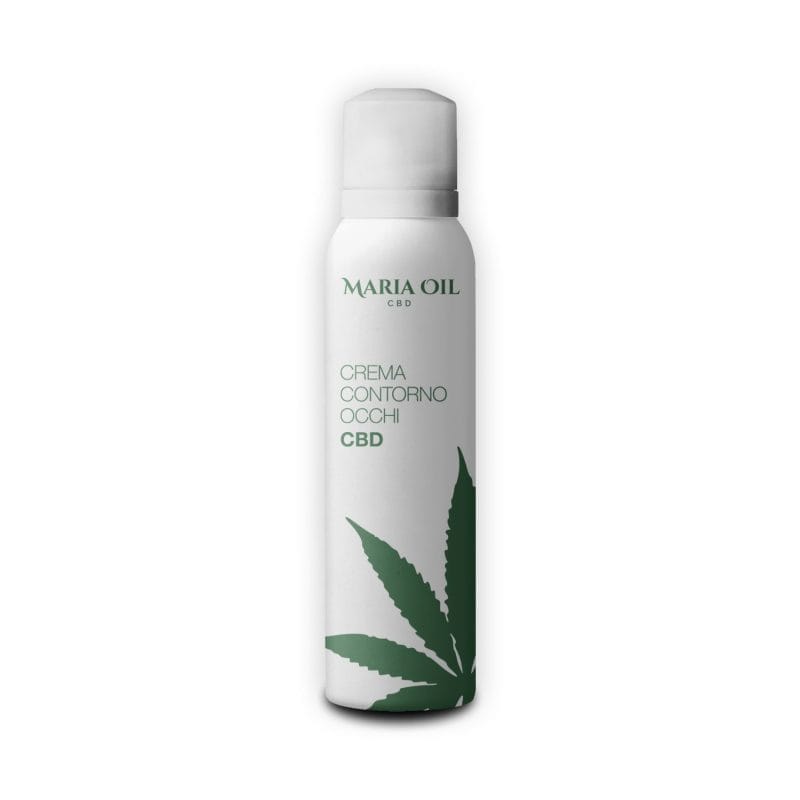 CBD Eye CreamOriginal price was: £11.00.£4.40Current price is: £4.40.
CBD Eye CreamOriginal price was: £11.00.£4.40Current price is: £4.40. -
Product on sale
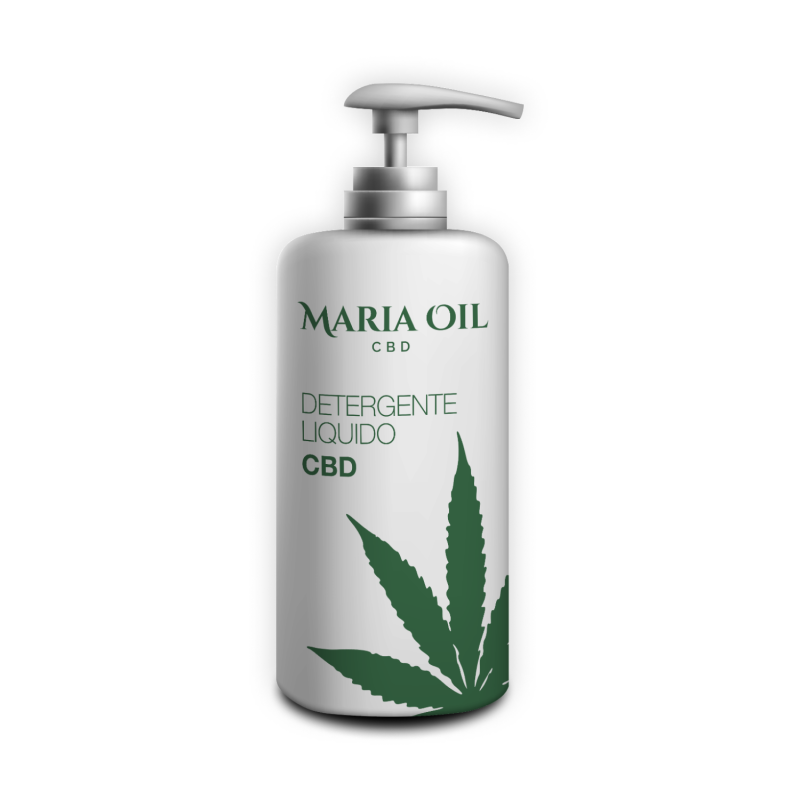 CBD Face and Neck CleanserOriginal price was: £24.00.£9.60Current price is: £9.60.
CBD Face and Neck CleanserOriginal price was: £24.00.£9.60Current price is: £9.60. -
Product on sale
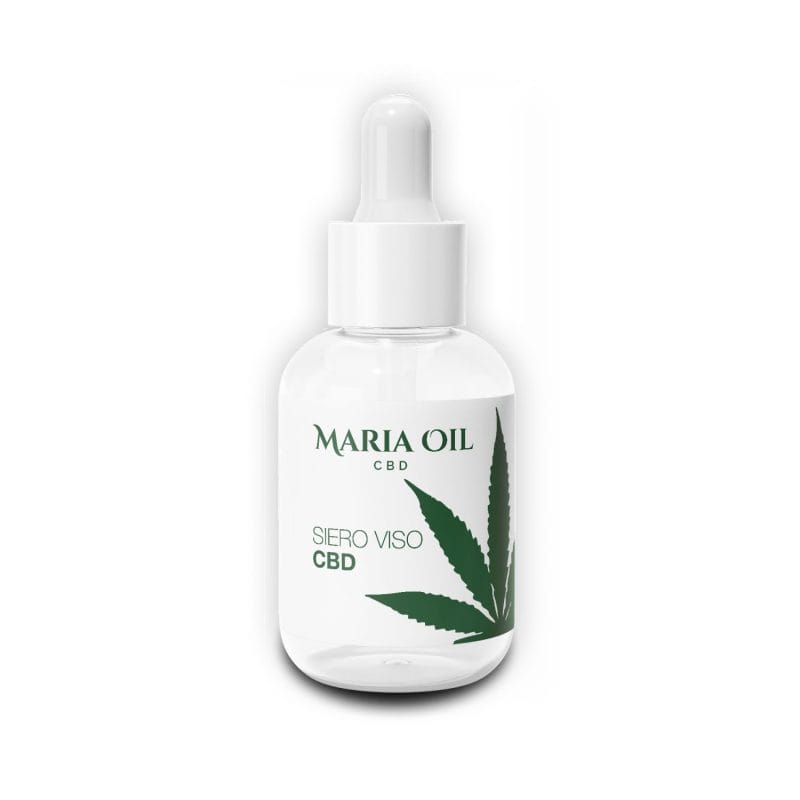 CBD Face SerumOriginal price was: £31.00.£12.40Current price is: £12.40.
CBD Face SerumOriginal price was: £31.00.£12.40Current price is: £12.40. -
Product on sale
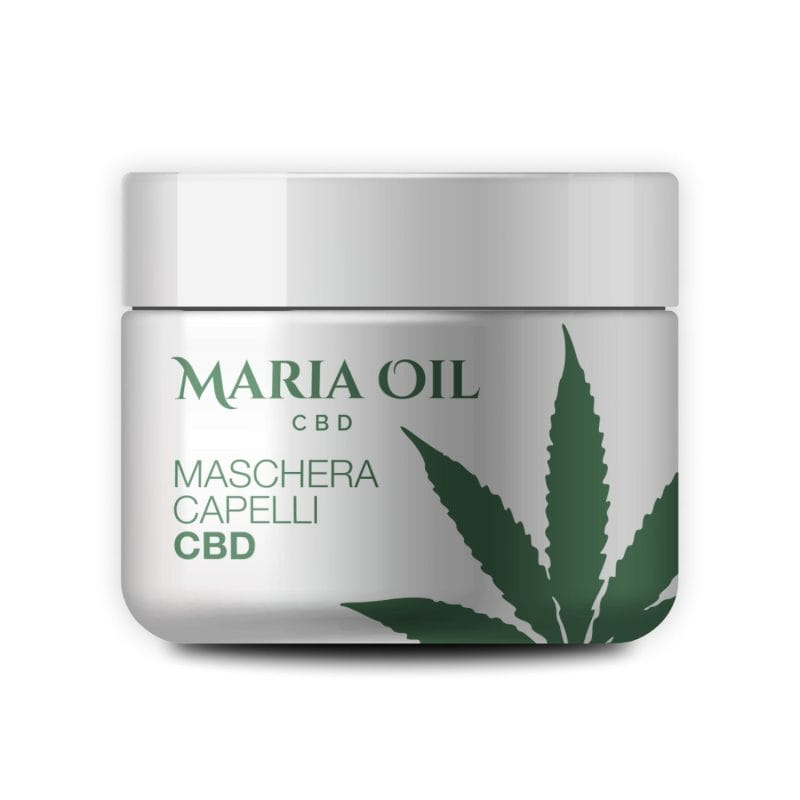 CBD Hair MaskOriginal price was: £19.60.£7.84Current price is: £7.84.
CBD Hair MaskOriginal price was: £19.60.£7.84Current price is: £7.84. -
Product on sale
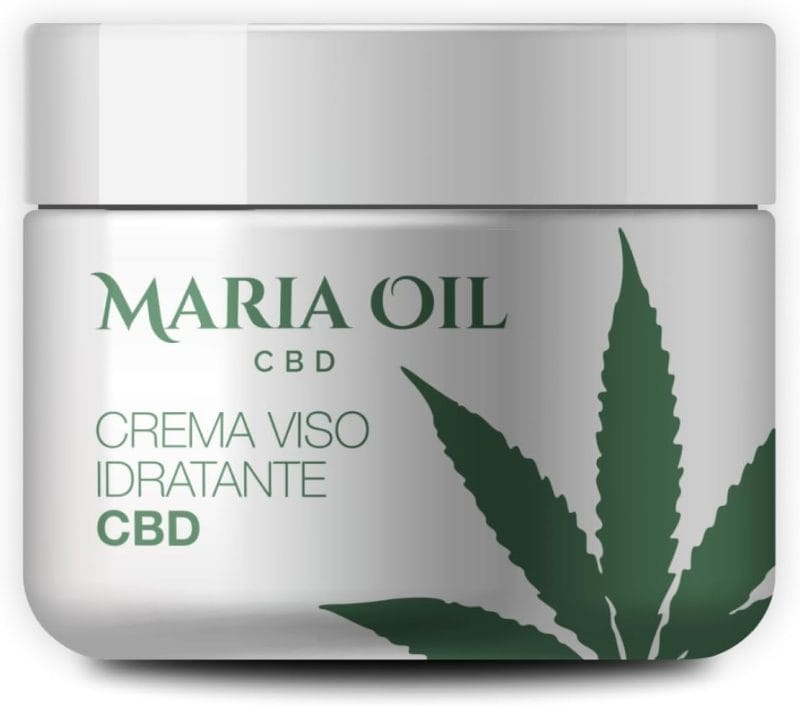 CBD Moisturising Face CreamOriginal price was: £27.00.£10.80Current price is: £10.80.
CBD Moisturising Face CreamOriginal price was: £27.00.£10.80Current price is: £10.80. -
Product on sale
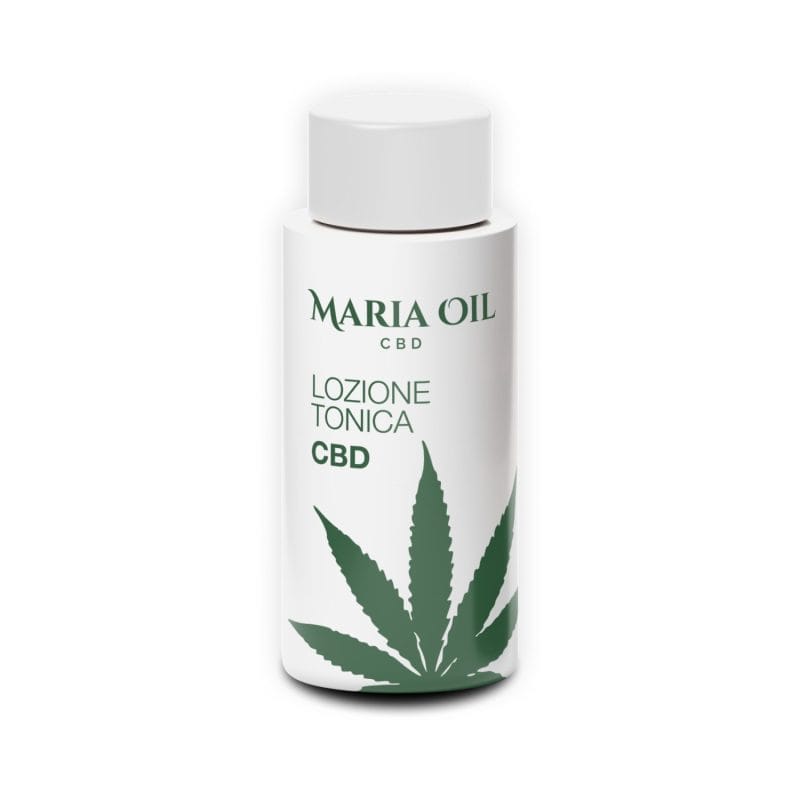 CBD Natural Face TonerOriginal price was: £12.00.£4.80Current price is: £4.80.
CBD Natural Face TonerOriginal price was: £12.00.£4.80Current price is: £4.80. -
Product on sale
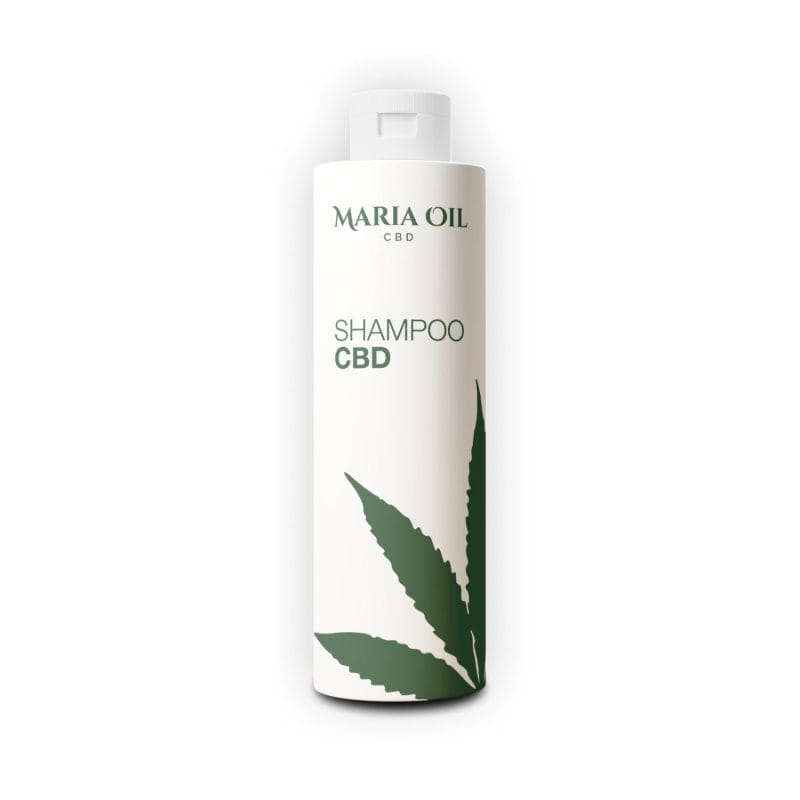 CBD ShampooOriginal price was: £16.99.£6.80Current price is: £6.80.
CBD ShampooOriginal price was: £16.99.£6.80Current price is: £6.80.
How to prevent the formation of pimples?
Preventing pimples requires a holistic approach involving proper skin hygiene, a balanced diet and a series of good daily habits. As we have examined, the causes of pimples can be many, ranging from genetic factors to hormonal changes, stress and more.
To keep your skin healthy and prevent the appearance of pimples and impurities, adopt a proper skin care routine. Include regular washing of the face with mild cleansers, use of noncomedogenic products and sun protection to prevent UV damage.
Nutrition also plays a crucial role: a balanced diet rich in fruit, vegetables and hydration can help maintain healthy skin. Limit consumption of foods high in fat and sugar, as well as alcohol and smoking.
Pharmacological remedies may be a recommended course of action in cases of persistent or more severe pimples, but it is always best to consult a dermatologist for customised treatment.
If the situation is not that serious, explore home and natural remedies first, such as apple cider vinegar or honey and cinnamon, or specific and powerful oils such as CBD or aloe vera.
Ultimately, pimple prevention requires consistency and adaptability.Everyone has unique skin and responds differently to various treatments. Experimenting with different strategies, adapting the skin care routine to individual needs, can be the key to maintaining clear and healthy skin over time.
 Contact us
Contact us 





